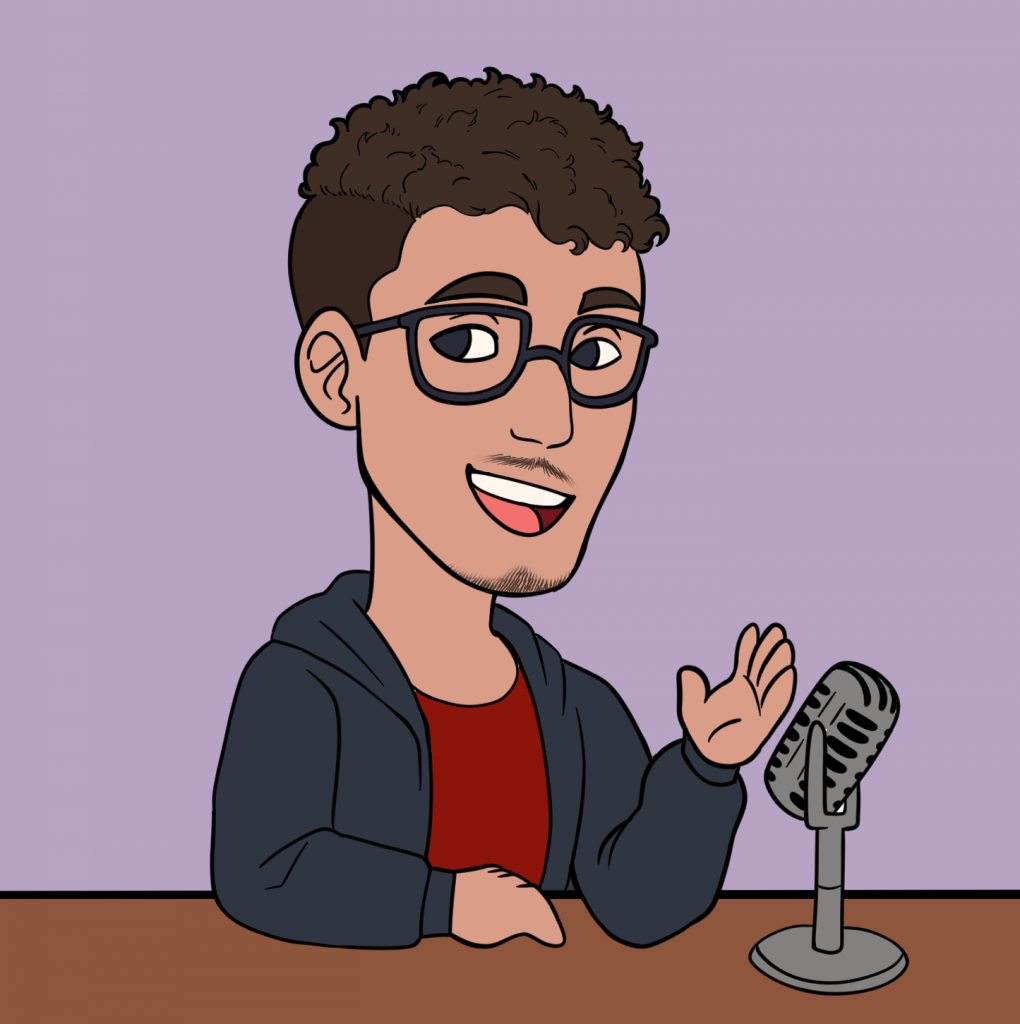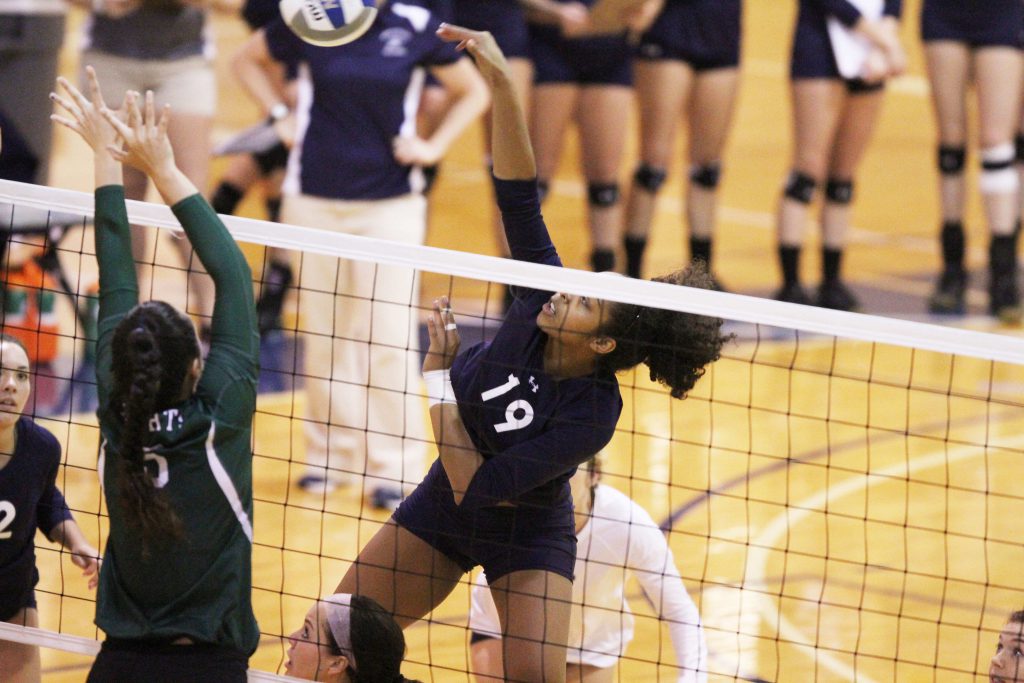On July 1, 2021, the National Collegiate Athletic Association (NCAA) changed their rules on Name, Image and Likeness (NIL), allowing athletes to profit off their name, image and likeness. Although NIL profit has only been around for a year, we have already seen drastic changes especially for an organization that has always been about amateurism.
Now if you follow NCAA, you have probably seen some collegiate stars at the DI level cash in on some NIL deals. For example, University of Connecticut Women’s Basketball star junior Paige Beckers made a deal with the sports drink Gatorade and became the first NCAA athlete to partner with them. You have maybe even seen Tiktok star and junior Louisiana State University gymnast Olivia Dunne partner with multiple big brands like American Eagle and Bartleby, a study tool for students.
There is a huge misconception that you have to be a big DI star that plays for a super popular sport like football or basketball at a huge school like Alabama or Duke to cash in on these NIL deals. That is not true, there are plenty of athletes at smaller DII and DIII schools that are also cashing in on this new opportunity.
For example, Caleb Eagan is a wide receiver at East Texas Baptist University in Marshall, Tx. a small town close to the Louisiana state line. Eagan, although he played a lot of his career at Texas A&M, has been able to cash in a deal with a local Dairy Queen and with a company called Elite Athletic Gear, all while being a DIII athlete at a school that only has about 1,500 students.
There are some negatives from NIL that are being brought to life a year after its passing. At the 2022 NIL Summit held this past June in Atlanta, Ga., Tiktok star and Ohio State Lacrosse player Mitchell Pehlke went around and asked athletes about some of the negatives of NIL.
Unsurprisingly some of the answers were mental health, kids becoming millionaires, taxes and the more well-known athletes at top power five conferences like the Atlantic Coast Conference, Southeastern Conference, Big 10 Conference, Big 12 Conference, and the Pac-12 Conference, getting more of the bigger deals.
Schools that help their students get agents to help with their sponsorships will be more successful than schools that lead it to the athletes to do it on their own. That would probably improve the mental health of those players even if it is by a little.
By Colette Kearney
cmkearney@vwu.edu


